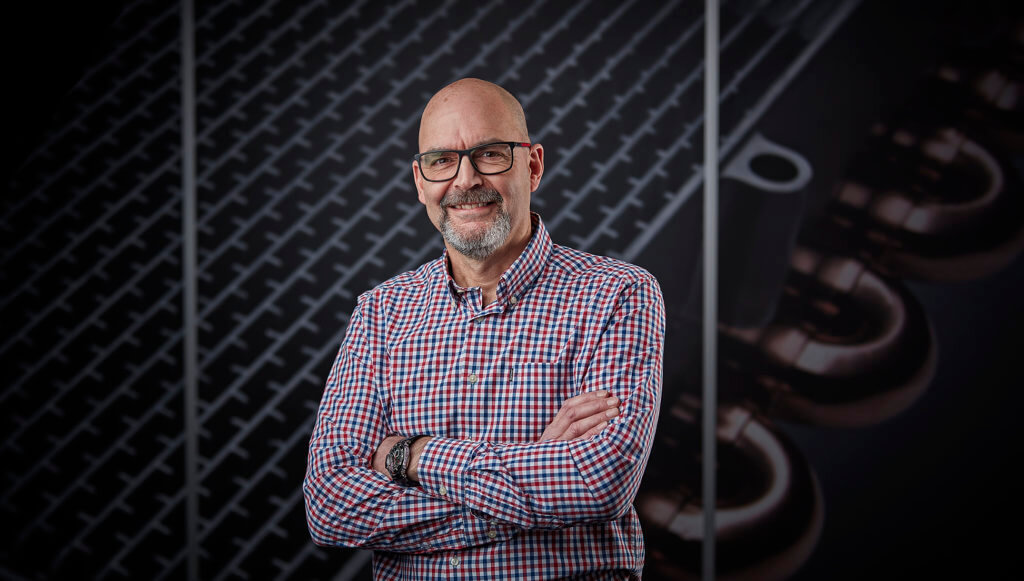
Hybrids make practical sense
For homeowners who want to decarbonise their homes, there’s really only one option and that’s to take the heat pump route. In the UK air source heat pumps are the most popular choice; they gather heat from the outside air which is absorbed into a fluid. This fluid then passes through a heat exchanger into the heat pump, which raises the temperature and then transfers that heat to water. This water then heats your rooms via radiators or underfloor heating. They’re also highly efficient; in fact they’re three times more efficient than a gas boiler, so for every unit of energy you put in, you get three units of heat out of a heat pump. When combined with a good standard of insulation, utility bills should be lower too. The typical upfront cost of installing a heat pump is, according to the Energy Saving Trust, around £14,000, and the UK Government’s Boiler Upgrade Scheme (BUS) contributes £5,000 towards the installation, but how many of us have a spare £9,000 to take care of the rest, given the current cost of living? Then there’s the high cost of electricity to factor in – it’s called the ‘spark gap’ where electricity is often up to three times more expensive than gas. If the price of electricity could be brought into line with that of gas, this low-carbon technology would become much more appealing.
In the meantime, given that domestic heating accounts for 14% of UK carbon emissions, we all need to act, and the hybrid heating system is a practical and environmentally-sound solution. As a hybrid system can often be retrofitted to the existing ErP combination boiler, you only have to install the air source heat pump (outdoor unit) combined with the controller (indoor unit) and a small pipework alteration at the boiler. The beauty of this sustainable heating system is that you won’t have the cost of a boiler installation or a hot water cylinder (if you already have a compliant combi) and, providing the radiators have been sized and flushed correctly, they won’t need to be replaced either; costs aside, the disruption to the household is vastly reduced.
But what about levels of comfort? Compared to traditional boiler systems that operate at around 70-80°C, heat pumps have a flow temperature of around 35-50°C; providing you live in a well-insulated home then this shouldn’t be an issue, but as many of our homes don’t have great insulation, you’re
going to feel the difference. And this is where the hybrid heating system comes into its own – when the outside temperature drops below a predetermined set point, the boiler kicks in to supplement any additional system temperature required, so homeowners will always have heat and hot water where and when they want it. The heat pump will probably be working for most of the year, which means the household will use less gas. We know from tests on our own hybrid system, Xtend, that you can cut gas consumption by up to 82.5%, which is impressive.
The cost-of-living crisis, which is when household incomes are not keeping up with living costs, is likely to continue into 2027, says the Institute for Government, when the country is expected to return to 2021 levels. So, right now, the most appealing low-carbon option for the homeowner is the hybrid heating system. Hybrids become even more appealing if you live in Scotland, where Home Energy Scotland have grants, similar to BUS, but with one major difference – hybrids are eligible. Homeowners can access a grant of £7,500 plus an optional loan of another £7,500. If you live in a rural area of Scotland the grant’s £9,000 and the optional loan £7,500. If BUS grants were available across the UK for hybrids, heat pump sales would increase significantly. And, later, when either a hydrogen or an all-electric boiler is installed, the hybrid system would become 100% green.
There is no silver bullet when it comes to the decarbonisation of our homes. One size will never fit all, especially given the variation in the quality of insulation in our housing stock, but we have options, and there will probably be more as time and technology move on.






